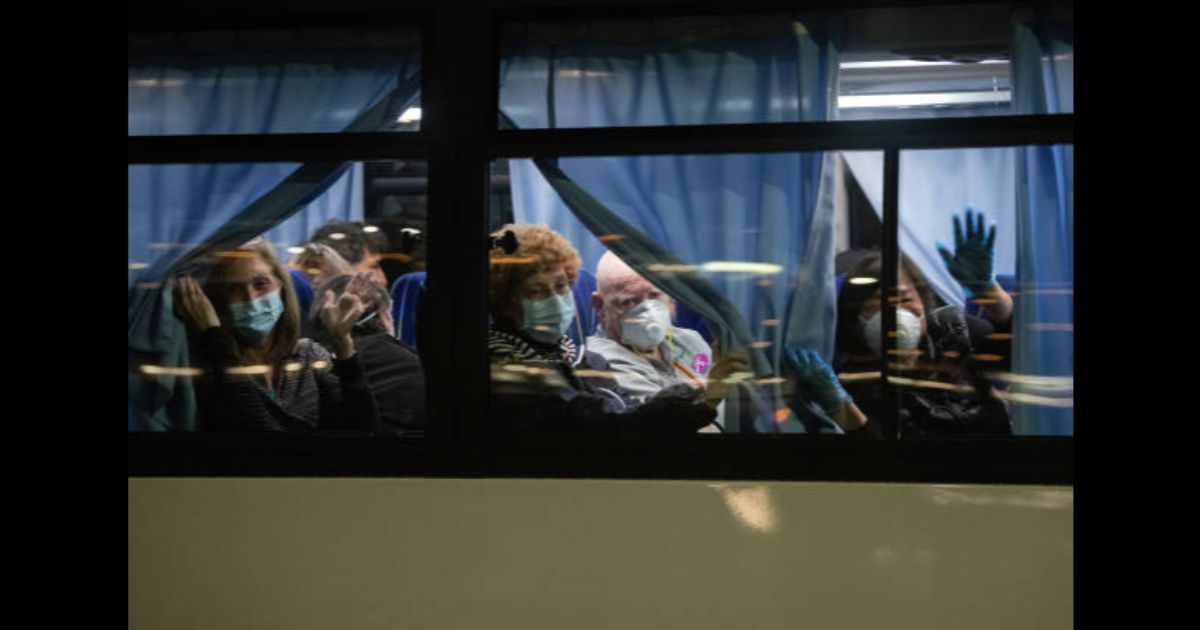The Sindh government released 829 prisoners charged under minor offences across jails in the province as coronavirus cases increase, media reported on Thursday. The decision applied to those inmates who have finished their sentences and were unable to pay penalty.
Sindh Chief Minister Murad Ali Shah said that the step is taken to bring the number of prisoners down as there are at least 16,000 inmates who are launguishing in different jails across the province.
https://twitter.com/khalid_pk/status/1243099050800529408
Read more: Pakistan asks for release of prisoners from India
Murad maintained that he has ordered release of those prisoners who have finished the term equivalent to their imprisonment, but are not released owing to their lack of resources.
The CM also instructed the jail authorities to keep the inmates at distance in wake of the coronavirus outbreak and ensure proper hygiene in and around the prisons.
Meanwhile, the Sindh government also released Rs58 million to the districts to help fight coronavirus pandemic. The funds will be used to buy medical supplies and for measures to contain the virus.
Meanwhile, keeping in view the increasing number of coronavirus cases in the country the Lahore High Court chief justice also ordered the prison officials to prepare a list of prisoners who are serving minor sentences. The court also ordered the inmates to submit bail requests so that they could be released.
UN asks release of prisoners due to coronavirus
Countries must protect people held in overcrowded prisons and other enclosed facilities from the new coronavirus pandemic by releasing vulnerable detainees, the UN rights chief said on Wednesday.
“COVID-19 has begun to strike prisons, jails and immigration detention centres, as well as residential care homes and psychiatric hospitals, and risks rampaging through such institutions’ extremely vulnerable populations,” Michelle Bachelet said in a statement.
She pointed out that detention facilities in many countries are severely overcrowded, making detainees and staff particularly vulnerable to catching the deadly new coronavirus.














